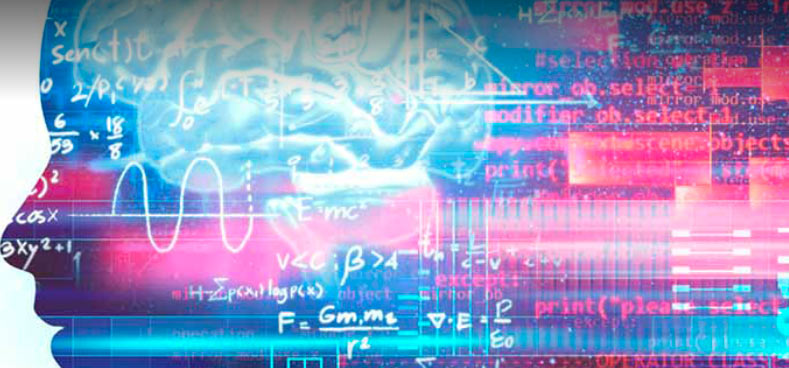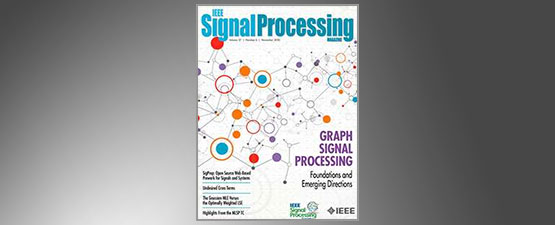(DCC 2023) 2023 Data Compression Conference
March 21-24, 2023
Location: Snowbird, UT, USA
Are you looking for innovative ways to energize and collaborate with your local signal processing community? Consider hosting a Seasonal School or Member Driven Initiative!

March 21-24, 2023
Location: Snowbird, UT, USA
The BSICoS group (Biomedical Signal Interpretation and Computational Simulation) of the University of Zaragoza is looking for a PhD on signal processing and biomedical data. The work is part of a collaboration project with a multinational company in the automotive field, where the objective is the development of methods to quantify the state of the driver. The tasks of the position include the analysis and characterization of the physiological signal recorded in the vehicle, quantifying its quality and validating the biomarkers of interest that it provides.

Date: 15-17 February 2023
Registeration Deadline: N/A
Location: Pakistan

Date: 5-10 December 2022
Registeration Deadline: 25 November 2022
Location: Andhra Pradesh, India

Manuscript Due: 1 March 2023
Publication Date: July 2024
CFP Document

Audio pattern recognition is an important research topic in the machine learning area, and includes several tasks such as audio tagging, acoustic scene classification, music classification, speech emotion classification and sound event detection. In this blog, we introduce pretrained audio neural networks (PANNs) trained on the large-scale AudioSet dataset. These PANNs are transferred to other audio related tasks. We investigate the performance and computational complexity of PANNs modeled by a variety of convolutional neural networks. We propose an architecture called Wavegram-Logmel-CNN using both log-mel spectrogram and waveform as input feature.

Recent years, face recognition has made a remarkable breakthrough due to the emergence of deep learning. However, compared with frontal face recognition, many deep face recognition models still suffer serious performance degradation when handling profile faces. To address this issue, we propose a novel Frontal-Centers Guided Loss (FCGFace) to obtain highly discriminative features for face recognition. Most existing discriminative feature learning approaches project features from the same class into a separated latent subspace.

Date: 13 December 2022
Time: 10:00 AM ET (New York Time)
Title: Deep Learning for All-in-Focus Imaging
Registration | Full webinar details